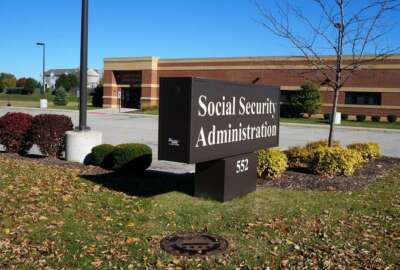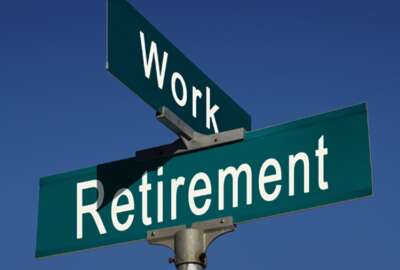
Full retirement age: What’s it mean for you?
One longtime reader says feds should be aware of their full retirement age (FRA) and what it means to them.
I have a friend who had a long, successful career in government. He was in such demand that half a dozen agencies — the Drug Enforcement Agency, the Office of Personnel Management, the Interior Department and Customs and Border Protection — fought over him and did their best to recruit him. Even so, he retired on the very first day he was eligible.
And apparently he has no regrets.
For others, the timing of when to retire is more complex and confusing. One reader, who is nearing retirement age, said feds should be aware of their full retirement age (FRA) and what it means to them. Get his take in this guest column from G.R.:
“As a ‘senior’ federal analyst, I have been wondering about the President’s Management Agenda topic for ‘Data, Accountability and Transparency’ and what I perceive as information which is limited in scope when provided to users.
“Since I am a ‘senior,’ I have been looking into retirement planning and the Social Security portion of that puzzle. Most of what is readily available is rather simplistic:
- If you retire at age 62 you will get 75% of the benefit you are entitled to at FRA, as long as any other retirement income is below a certain threshold.
- If you retire at FRA, you will get a standard amount based on your covered earnings and contributions and your payments will not be reduced for retirement income.
- If you wait until you are age 70 to collect, you will get 132% of the benefit you are entitled to at FRA.
“What these overlook is the impact of the missed months which you have not collected while waiting for a higher payout. For example:
- If you qualify to retire at age 62 and have no or below the threshold retirement income, you will be collecting that 75% for quite a few months before reaching FRA and it will take about 192 months, or about 16 years, before the cumulative FRA amount exceeds your cumulative age 62 payments.
- A more explicit example is reaching FRA while working: If you reach FRA while you are working, you can collect Social Security payments with no reduction for your current income. You might consider waiting to collect the larger 132% at age 70, but it will take about 198 months, or 16½ years, before the cumulative age 70 amount exceeds your cumulative FRA payments and this does not even consider if you invested those payments while you continued to work.
“I hope these examples provide more transparency to your decisions. Sometimes the simple tables miss the big picture. Life expectancy keeps getting better, but 16 or more years to catch-up is a long wait. We hope Mike is enjoying the holidays and anticipate his return Tuesday.”
Nearly Useless Factoid
By Amelia Brust
The oldest known customer complaint is inscribed on a Cunieform tablet from Mesopotamia, dated 1750 BC, which is housed at the British Museum. It is a letter from Nanni to Ea-nasir, complaining that the wrong grade of copper ore had been delivered after a gulf voyage, and about misdirection and delay of a further delivery.
Source: British Museum
Copyright © 2025 Federal News Network. All rights reserved. This website is not intended for users located within the European Economic Area.
Mike Causey is senior correspondent for Federal News Network and writes his daily Federal Report column on federal employees’ pay, benefits and retirement.
Follow @mcauseyWFED
Related Stories





